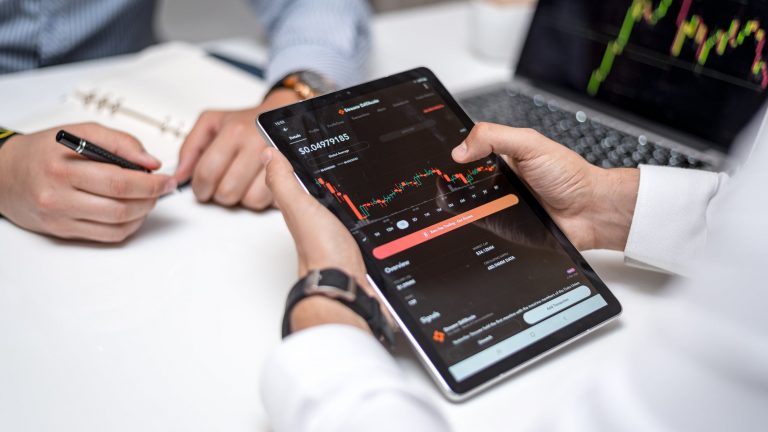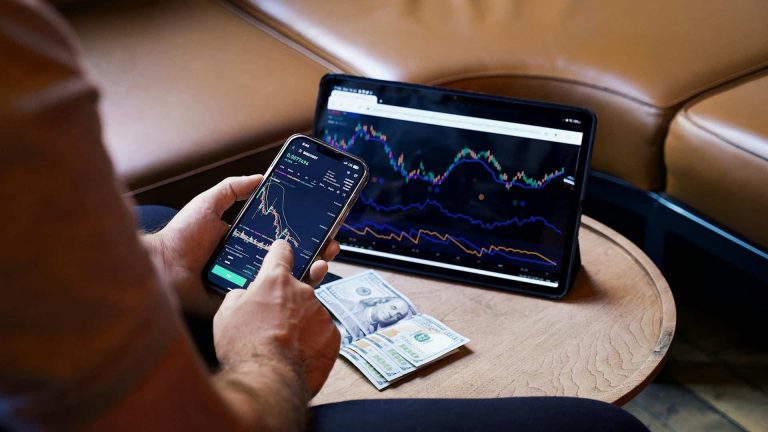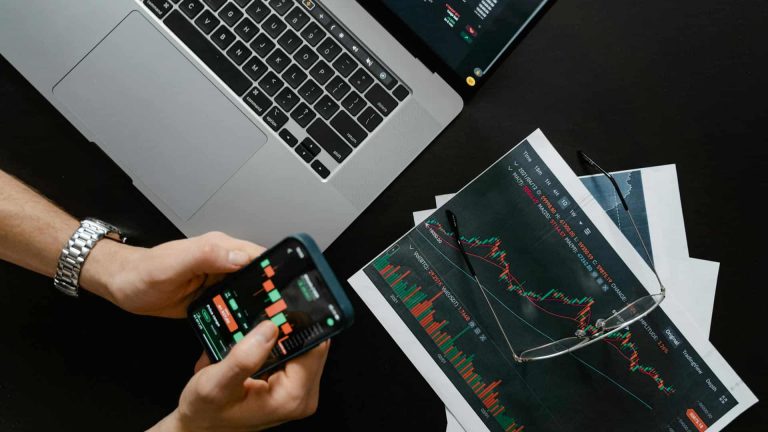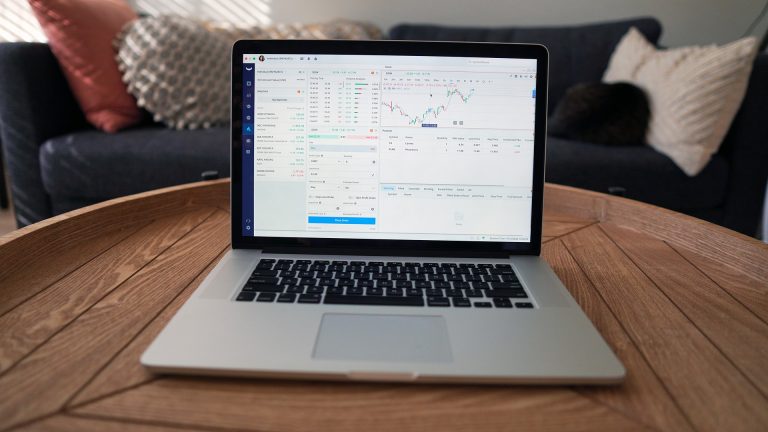When considering trading options, it’s essential to understand the difference between CFDs and futures. Both have pros and cons but knowing which is right for you will help you trade more effectively.
What is a CFD, and what is a futures contract?
A contract for difference (CFD) is an agreement between two parties to exchange the difference in the value of an asset from the time the contract is entered into until it expires. The asset can be anything from a commodity, like oil or gold, to a share in a company or even an index, like the Dow Jones.
The price of the CFD is based on the underlying asset’s price, so when you trade a CFD, you’re effectively speculating on whether that price will go up or down. If it does what you expect, you make a profit; if not, you make a loss.
Futures contracts are very similar to CFDs, but some crucial differences exist. With futures, you agree to buy or sell an asset at a set price on a specific date in the future. The price is agreed on upfront, so you know exactly how much you stand to gain or lose from the trade.
Futures are usually traded on commodities like oil or gold, but they can also be traded on financial products like shares or indexes.
The critical difference between CFDs and futures is that the price is fixed at the outset of the contract, whereas with a CFD, it fluctuates in line with the underlying asset’s price.
What are the benefits of trading CFDs?
CFDs offer some distinct advantages over other types of trading instruments.
First, because CFDs are traded on margin, you can trade with a much smaller amount of capital than you would need to buy the underlying asset outright. It means you can take a position on a much larger market, or multiple markets, with a relatively small amount of money.
Second, CFDs offer leverage, which means you can get exposure to a larger market without putting up the trade’s total value. Leverage can be both good and bad – it magnifies your profits when things go well, but it can also amplify your losses if the market moves against you.
Third, CFDs are flexible and can be traded in many different ways. You can go lengthy or short on a CFD, and some brokers even offer products that allow you to trade on the weekends when traditional markets are closed.
What are the benefits of trading futures?
Futures offer some distinct advantages over other types of trading instruments.
First, futures contracts are standardised, so there is no ambiguity about the terms of the contract. It makes them easier to trade than other derivatives, such as options. Second, futures are traded on exchanges, providing transparency and price discovery that is not always available in the OTC market.
Third, because futures contracts are traded on margin, you can trade with a much smaller amount of capital than you would need to buy the underlying asset outright. It means you can take a position on a much larger market, or multiple markets, with a relatively small amount of money.
How do the two products differ regarding risk and reward potentials for investors/traders?
CFDs and futures are both high-risk, high-reward investments. The potential rewards from trading are significant, but so are the risks.
With CFDs, your potential loss is limited to the amount of money you have invested in the trade, plus any fees or commissions your broker charges. However, if the market moves against you, you can lose more than your original investment.
With futures, your potential loss is limited to the margin you have put up to enter the trade. However, like with CFDs, if the market moves against you, you can lose more than your original margin.
Both CFDs and futures are complex financial instruments and not suitable for everyone. Before trading either product, it’s essential to understand the risks involved and ensure you’re comfortable with them.




